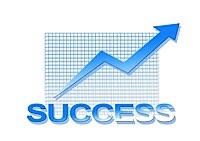
I walked down the hall on the sixth floor of the Medical Science Building at NYU Medical Center holding a cup of coffee in one hand, the other comfortably resting in my lab coat pocket. There was a spring to my step. The week before I had defended my Ph.D. thesis and that long period of self-doubt, also known as graduate school, had come to an end.
My stroll brought me to the tissue culture lab where I was planning to engage in a series of meaningless exchanges with colleagues. But no one was pipetting that day. Even that unmistakable odor of bacterial colonies thriving at 37°C was not evident in the room, almost as if no one had opened the incubator door for a long time.




















